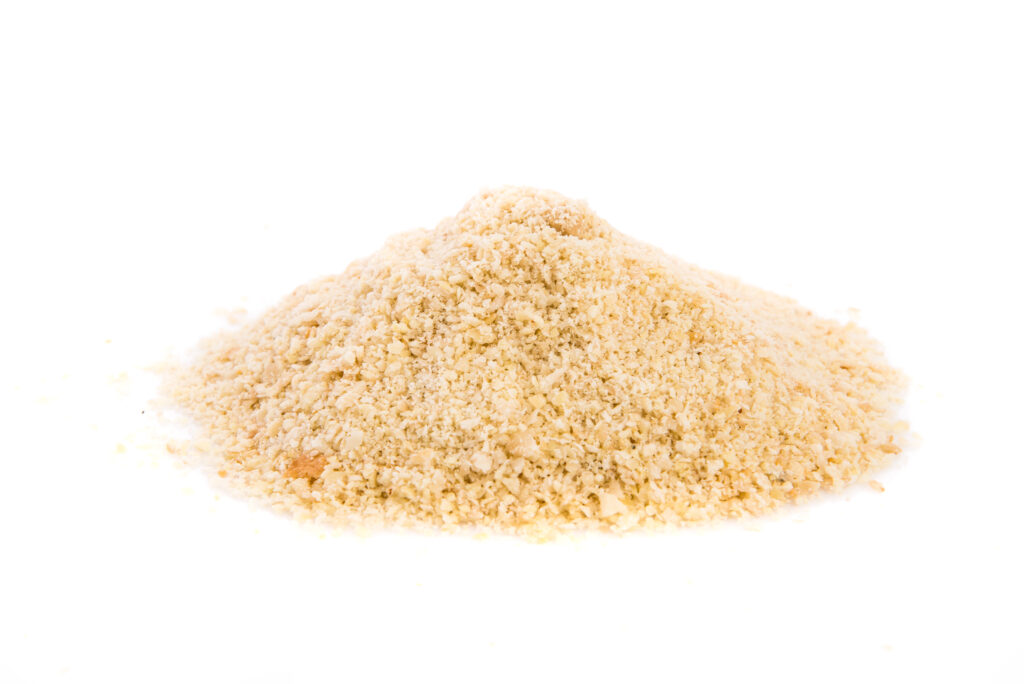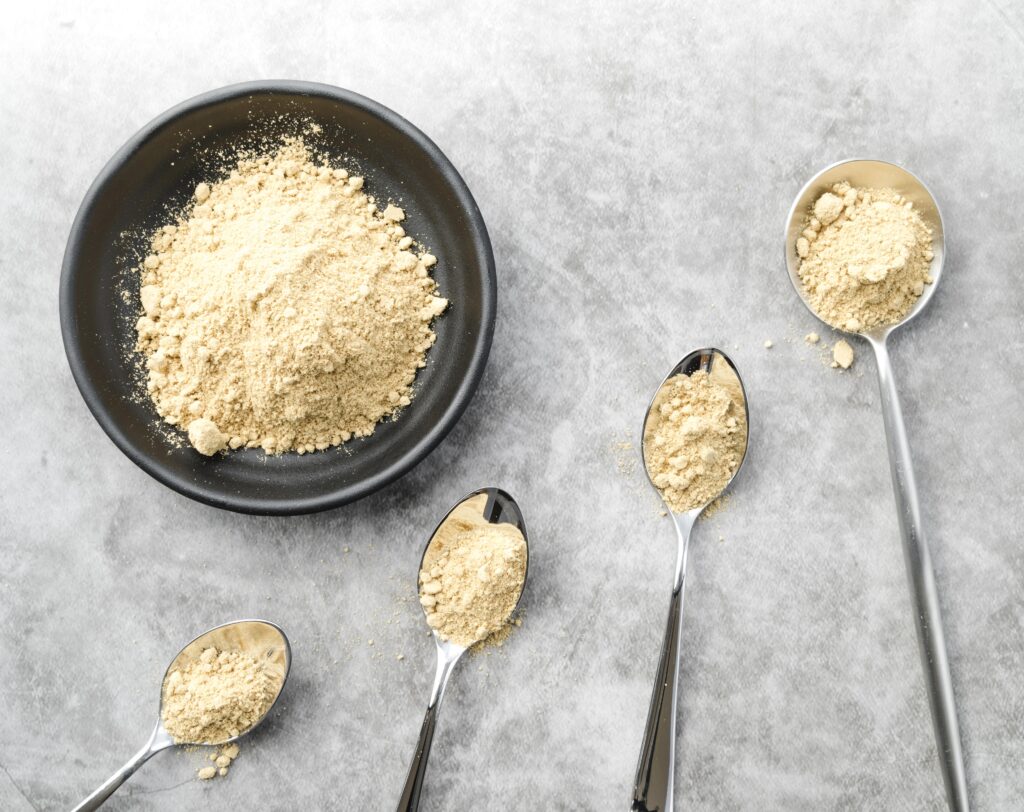Common Uses of Organic Lucuma Powder
✅ Healthy Sweetener Alternative
Add to coffee, tea, smoothies, or baked goods for natural sweetness.
✅ Desserts and Vegan Ice Cream
Use in raw desserts, energy bites, or as a flavoring for creamy treats.
✅ Smoothie and Superfood Blends
Combines well with cacao, maca, or baobab for added nutrients and taste.
✅ Baking and Pancake Mixes
Adds a caramel-maple flavor without added sugar or syrup.
How to Use Organic Lucuma Powder
- Smoothies: Add 1–2 tsp per serving
- Hot Drinks: Mix into lattes, hot chocolate, or adaptogenic drinks
- Baking: Replace part of your flour or sweetener (up to 25%)
- Raw Treats: Blend into energy balls or protein bars
💡 Its naturally sweet, earthy flavor makes lucuma incredibly versatile—and a favorite among plant-based and wellness bakers.
Recommended Dosage
| Goal |
Dosage |
Notes |
| Natural sweetening |
5–10g/day |
Replace sugar 1:2 or to taste |
| Fiber support |
5g/day |
Combine with other prebiotics or gut blends |
| Antioxidant support |
5–10g/day |
Daily for cellular and skin support |
| Metabolic health |
5–8g/day |
Take as part of low-GI diet or smoothie routine |
What to Look for in High-Quality Lucuma Powder
✅ Certified Organic – Free from synthetic chemicals, pesticides, and GMOs
✅ Low-Temperature Dried – Preserves natural enzymes and nutrients
✅ Rich Golden Color – Indicates freshness and high beta-carotene content
✅ Fine, Silky Texture – Ensures good mixing and mouthfeel
✅ Lab-Tested – For purity, microbial safety, and nutrient integrity
✅ No Fillers or Additives – 100% pure lucuma fruit powder
⚠️ Avoid lucuma powders that appear pale, chalky, or artificially sweetened.
Nutritional Snapshot (Per 5g Serving)
- Calories: ~20
- Carbohydrates: ~4g
- Fiber: ~1–2g
- Iron: ~0.2–0.5mg
- Calcium: ~5–10mg
- Beta-carotene: Trace levels
- Glycemic index: Low (exact values vary)
Safety and Side Effects
Lucuma is a safe, food-based ingredient with no known adverse effects in standard doses. It’s gentle on digestion, even for sensitive individuals. Rare side effects may include:
- Mild digestive changes when consumed in excess
- Allergic response (extremely rare)
📌 Safe for all ages, including children and seniors. Ideal for daily use.



